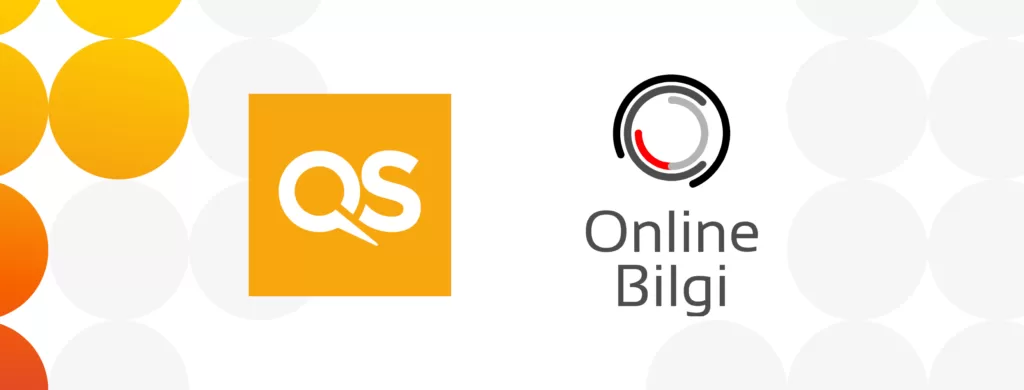
QS have published a report this year, The Global Skills Gap in the 21st Century, which has identified resilience as the skill which employers feel that graduates are lacking in the most when compared with its perceived importance.
The chart below illustrates the gap between the importance attributed to a skill against the level of satisfaction with this skill in the graduate market:
Global overview of core skills: importance versus satisfaction
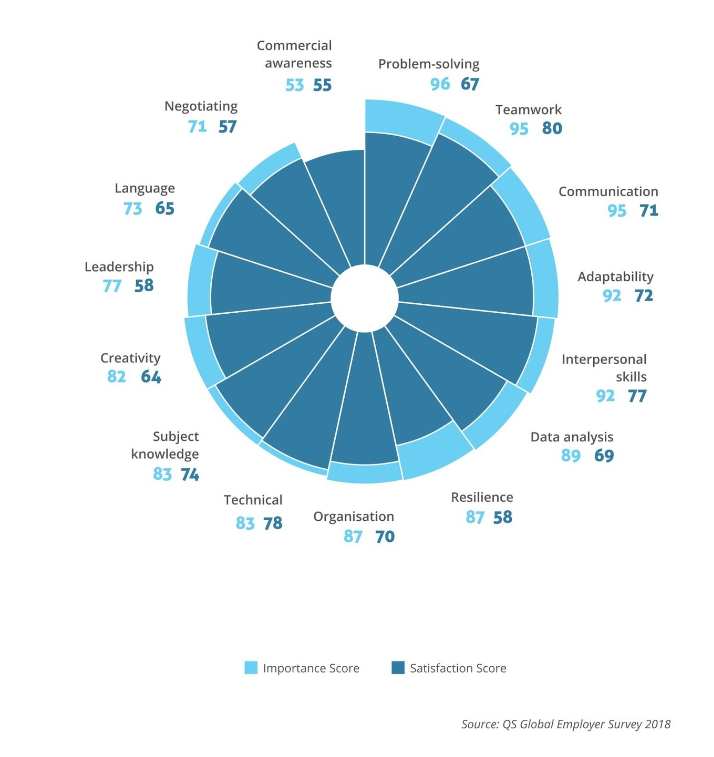
Why might resilience be the most sought-after competency in today’s global labor market, and what aspects might be influencing this result?
Resilience is the capacity of an individual to overcome difficult experiences throughout their lives. It is the ability to adapt to challenging situations. As defined by the Oxford dictionary, resilience is “the capacity to recover quickly from difficulties; toughness.”
This concept has been broadly studied in the field of psychology and can be observed when individuals are put in a situation outside of their control where they have to go through a sharp change, either socially, cognitively, or emotionally. Such external demands can lead individuals to either adapt to the situation, which can also be understood as finding a solution to the problem, or to be paralyzed by the event. This paralysis can manifest in both psychological (generating traumas) and physical aspects (increased stress levels and diseases).
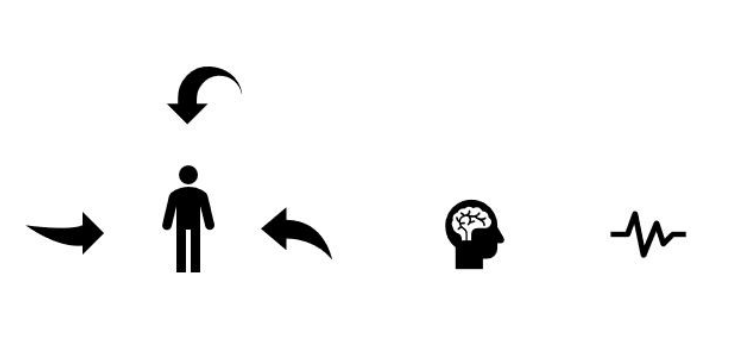
Although dependent on many psychosocial aspects, it is believed that resilience is a skill that can be developed, as expressed by Diane Coutu, from Harvard Business Review:
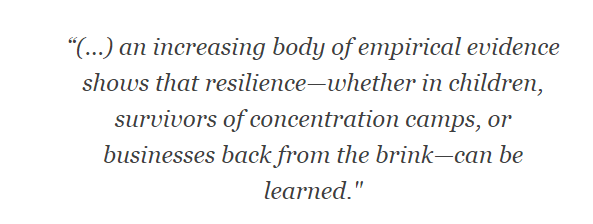
The American Psychology Association (APA) indicates that problem-solving skills and communication skills are associated with resilience and can be important factors in developing it.
This relationship comes through in the QS Global Skills Gap Report findings too, where those three skills demonstrate the widest gaps, as measured by the difference between the importance placed on a skill and the resulting satisfaction with it:
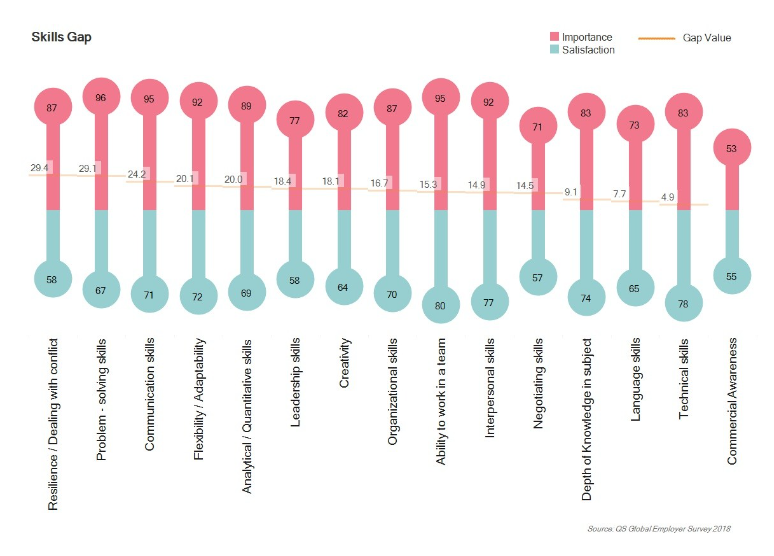
Communication here is understood as the capacity to send or receive information, which requires the synthesis of both internal (affections) and external elements (perception) to generate a narrative. While problem-solving is the ability to offer a solution to an identified problem.
The better challenges are identified and communicated, the higher the possibility of offering a helpful solution. Individuals with a good history of addressing problems are more likely to have high perceived self-efficacy, being better positioned to respond effectively to future challenges, generating a virtuous circle of resilience.
Understanding the underlying mechanisms that strengthen resilience might help both employers and universities to take actions in bridging the skills gap.
Click here to access the full report.



